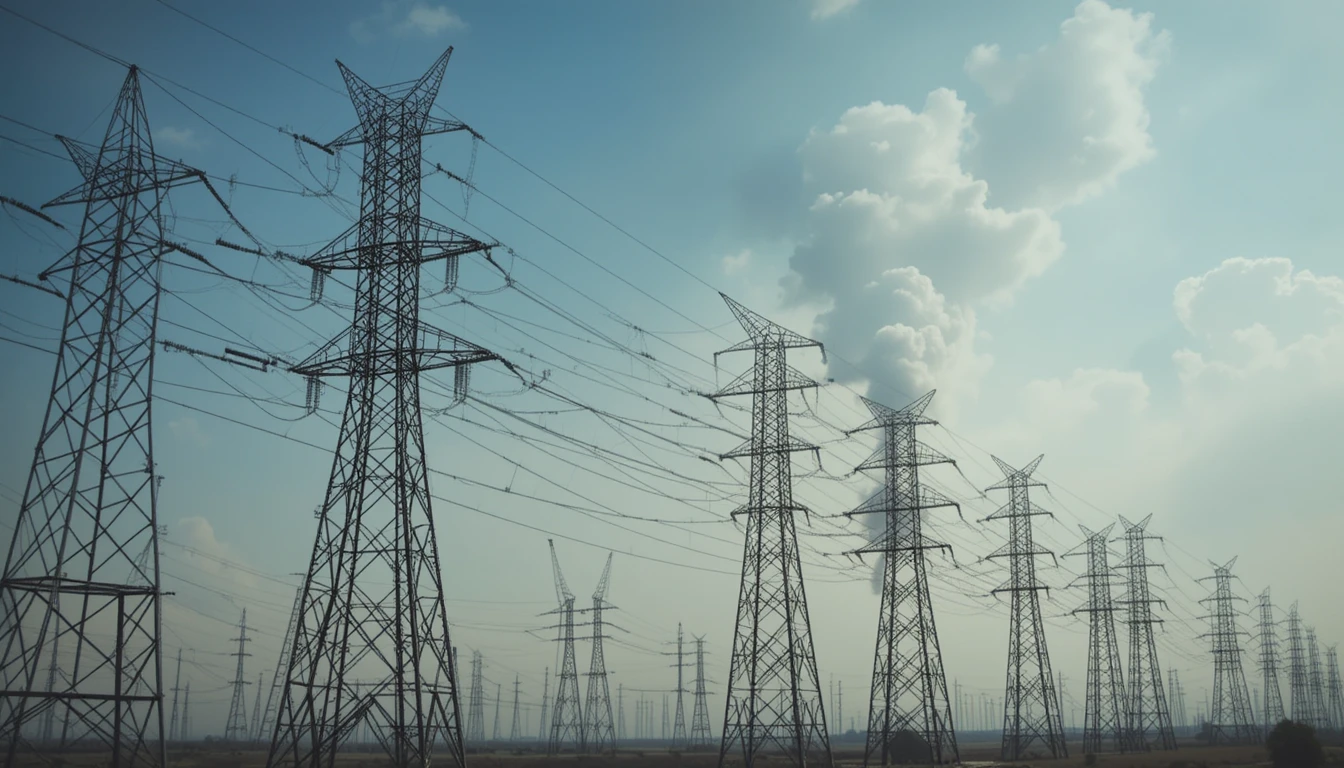By Qudsia Bano
ISLAMABAD — Pakistan’s state-owned enterprises (SOEs) reported staggering losses of Rs 851 billion in the fiscal year 2023-24 (FY24), raising alarms over their financial sustainability and impact on the national economy.
The power sector emerged as the biggest drain on public funds, despite repeated government interventions through subsidies and grants.
Staggering Losses in Pakistan’s State-Owned Enterprises (SOEs) in FY24
According to the Ministry of Finance’s Aggregate Annual Report on federal SOEs for FY24, net aggregate losses, after accounting for profits of certain entities under the Pakistan Sovereign Wealth Fund (PSWF), stood at Rs 521.5 billion.
The National Highway Authority (NHA) alone recorded a massive Rs 295.5 billion in losses, making it the single largest loss-making entity. Other power sector companies, including Qesco, Pesco, and Sepco, continued to struggle with financial mismanagement and inefficiencies.
Concerns Raised by Economists and Industry Experts
Leading economists and industry experts have raised serious concerns about the worsening financial health of SOEs, particularly in the power sector.

Deep-Rooted Structural Inefficiencies and Fiscal Crisis
Dr Hassan Nawaz, a former economist at the Ministry of Finance, warned that these losses reflect deep-rooted structural inefficiencies.
“The SOEs are not just bleeding public money; they are creating a fiscal crisis that the government can no longer afford to ignore. The power sector, in particular, is trapped in a cycle of debt accumulation, mismanagement, and excessive subsidies that are unsustainable,” he said.
Financial Performance and Net Equity Position of SOEs
The report highlighted that while the total revenues of SOEs increased by 5.26% to Rs13.5 trillion, their total net losses surged by 89%, despite the government’s efforts to reduce aggregate losses by 14% through subsidies and grants. The total book value of SOE assets rose to Rs38.43 trillion, but liabilities climbed to Rs32.57 trillion, leaving a fragile net equity position of just Rs5.86 trillion.
SOEs as a Major Burden on Pakistan’s Economy
Dr Farooq Zia, a financial analyst at National Integrated Development Association (NIDA-Pakistan), stressed that SOEs have become a major burden on Pakistan’s economy.
“These entities have lost Rs2.5 trillion in economic value. High operating and financial leverage, coupled with low free cash flow, make them a liability rather than an asset,” he noted. He further argued that the Weighted Average Cost of Capital (WACC) of 17% to 22% for these enterprises is unsustainable and has resulted in a negative 0.5% return on equity (ROE).
The Need for Immediate and Comprehensive Restructuring
As financial instability deepens, experts warn that without immediate and comprehensive restructuring, Pakistan’s SOEs will continue to drain public resources, further worsening the country’s economic challenges.




